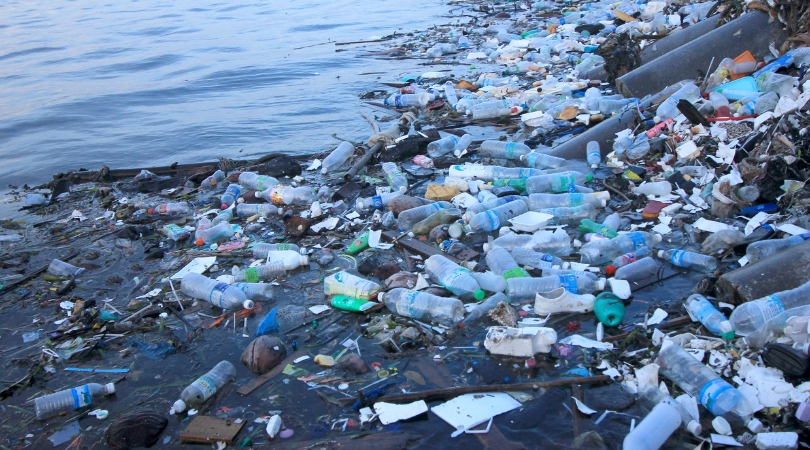A Crisis Demanding Accountability.
Plastic pollution has become one of Africa’s most pressing environmental threats. From bustling cities to once-pristine coastlines, plastic waste is choking ecosystems, blocking drainage systems, harming wildlife and affecting public health. Despite various bans and clean-up campaigns, the continent continues to struggle with rising volumes of single-use plastics, much of which is poorly managed or illegally dumped.

Part of the problem lies in weak enforcement and a lack of clear accountability in the plastic value chain. In many countries, plastics enter the market with little to no oversight and once discarded, they often end up in rivers, streets or landfills. Without proper systems in place, it becomes nearly impossible to trace who produced the plastic, where it was sold or how it was disposed of.
This is where traceability steps in as a game-changer. With the ability to track plastic products from manufacturers to end users, traceability provides a clear line of responsibility. It allows regulators to monitor compliance with environmental laws, identify sources of pollution and encourage more sustainable practices among producers and retailers. It also opens the door to effective recycling programs by ensuring materials are correctly sorted and documented throughout their lifecycle.
To tackle plastic pollution head-on, Africa needs more than policies, it needs systems that can enforce them. With traceability at the core, the continent can begin to hold polluters accountable, reward responsible practices and move closer to a cleaner, more sustainable future.
